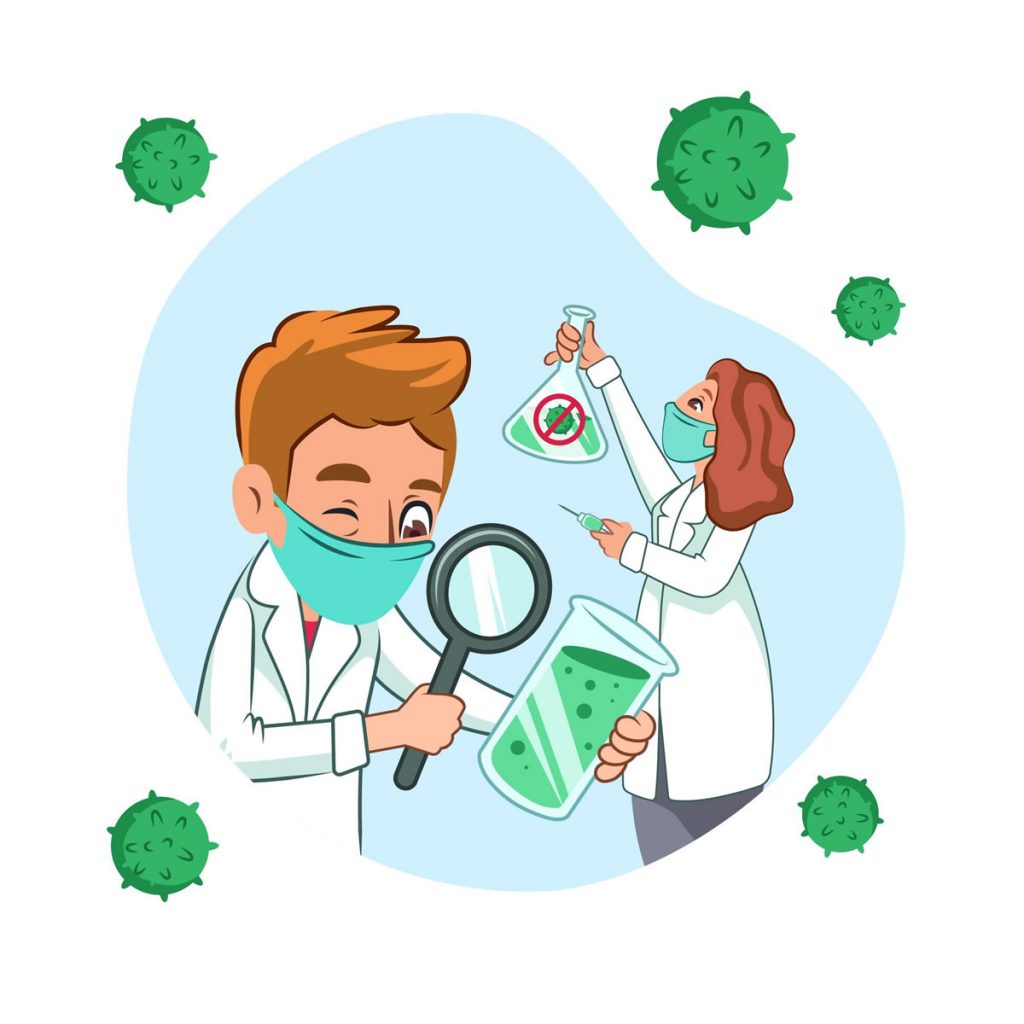Vaccines are substances that prevent the spread of many diseases, saving millions of lives each year. The word vaccine comes from the Latin “vacca”, which means “cow”. But what relationship can a vaccine have with cows? Well, although it may not seem like a lot, since the first vaccine that was developed in the world, which was against the smallpox disease, had made the leap to humans through this well-known animal.
But what exactly do vaccines prevent us against? Many illnesses are caused by tiny germs called bacteria or viruses . When people are vaccinated against a disease, they are usually given the bacteria or virus (although there are other more complex mechanisms) that causes the disease but in a kind of “dead” or “weakened” state, causing few or almost no symptoms in those who receive it. In return, the vaccinated person is seeing their immune system strengthened, producing proteins that are called antibodies and that are responsible for fighting diseases . This means that if the same bacteria or virus reaches our body over time, the immune system of the vaccinated person knows very well how to fight it, protecting and immunizing us.

We can receive a vaccine by different routes: through an injection, orally or with a nasal spray and, although it can be somewhat annoying, getting vaccinated is very important , since thanks to vaccination today many of the diseases that plagued the population (and especially children) have little incidence or have ceased to exist, as is the case of smallpox or polio, a disease that was very feared in its time.
Vaccines: from their origins to the present day
An English doctor named Edward Jenner was the creator of the first vaccine in 1796 , specifically the vaccine against smallpox that, as we saw, had made the leap from a cow to a child in the past. But not only do we know Jenner in reference to vaccines, since another very important person was the French scientist Louis Pasteur, who in the 1880s developed a vaccine against rabies.
The advances of these scientists are very important, and behind them are many vaccines that have been developed. However, over the years vaccines have generated some controversy about safety, although convincing evidence of harm has not been found and the chances of something like this happening are minimal. The most common side effects of a vaccine are nothing more than certain discomfort, itching or redness in the same area of the puncture. And, we must bear in mind that when a vaccine arrives and is administered to people, it has already been subjected to a very rigorous study, review and testing process by the countries and their professionals, scientists and doctors.
It cannot be denied that there could be some case in which the reaction to a vaccine was greater, but as we say, these cases are a minority, and do not equate to the benefits that having an adequate vaccination schedule has over the whole of the population. society . Vaccines are one of the safest and most effective medicines we have, and they have made many dangerous diseases, especially children, no longer harm.












































































































Recent Comments